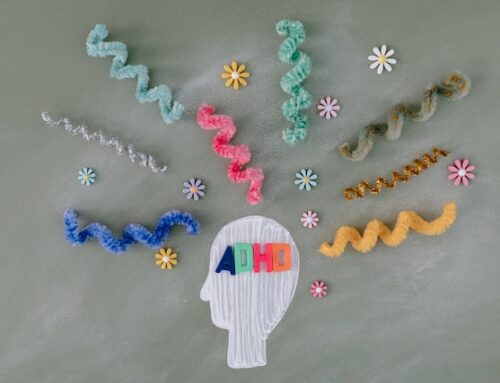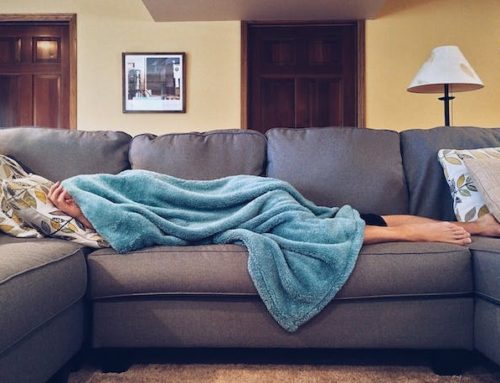Two emotions that are commonly used a lot in casual conversation are anxiety and stress. It’s not uncommon for someone who is diagnosed with anxiety to also experience higher levels of stress than those without anxiety.
These two emotions and conditions often go hand-in-hand and can be complex or have a ripple effect. Although anxiety and stress are two separate issues, they can occur concurrently. Throughout this article, we will discuss how anxiety and stress are related.
The connection between anxiety and stress
Anxiety and stress are known to show the same biological base. Those who suffer from clinical anxiety or mood disorders typically have changes in their neurotransmitter function. This means that typically, they have low levels of serotonin and fluctuating levels of dopamine and epinephrine.
Differences between anxiety and stress
Although anxiety and stress can have some similarities, they are different in many ways.
For example, someone with anxiety will struggle with worrying about their future, whether that’s long-term or short-term. In many cases, those with anxiety will avoid situations that trigger them. It’s also common to ruminate about death, fears, and danger. They can also have racing and uncontrollable thoughts about something going wrong, even if there’s no evidence that this could occur.
Someone with stress may feel that no matter what they do or accomplish, it’s not enough or what they’re doing is not valuable. They can feel stuck and that they’re never going to find ways to lower their stress levels. Building off that, they can believe it’s not worth trying to do better or succeed because they’ll fail no matter what. This can worsen stress levels because they know they have things to do, and everything piles up.
Physical signs of anxiety
It’s important to take note of the signs and symptoms of anxiety so that you can understand what you’re going through and be able to communicate appropriately to a healthcare professional.
Anxiety symptoms and signs:
- Difficulty concentrating
- Feeling overly tired. For someone with anxiety, that’s due to having trouble falling or staying asleep.
- Muscle tension and physical pain
- Weight changes, either weight loss or weight gain.
- Noticeable changes to their daily behavior, including missing events or poor school or work performance.
- Trouble breathing or having panic attacks
- Muscle aches and pains, heartburn or indigestion
- Headaches, high blood pressure, or chest pains
- Sleep problems, including having difficulty sleeping or feeling fatigued
- Tired eyes that feel sore or blurred vision
How to cope
The good news is that there are ways to deal with anxiety and stress.
Stay in touch with family and friends
Those closest to you can encourage, support, and overall help when you need it most. Spending time with others can be a positive escape from how you’re currently feeling. It can also be a way to connect with others and talk through how you’re feeling.
Make lifestyle changes
It’s essential to promote a healthy and happy lifestyle. These include eating a well-balanced and overall healthy diet and getting around seven or eight hours of sleep each night. Additionally, try to find time to practice self-care and do things you enjoy.
Exercise or be active
Being active and exercising can have many benefits to your overall mental health. Physical movement releases feel-good endorphins into the body, such as serotonin.
This doesn’t need to go from not exercising to exercising for hours each day. This can be small changes, such as going for walks, taking the stairs instead of an elevator, trying yoga, or another physical activity that you enjoy. Try to find something that makes you feel good after you are done with it.
If you or someone you know is struggling, help is available. Please reach out soon to learn more about anxiety therapy.





